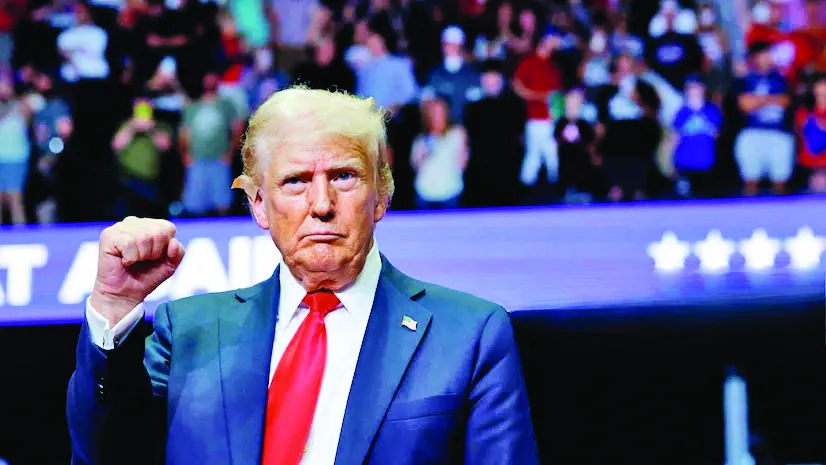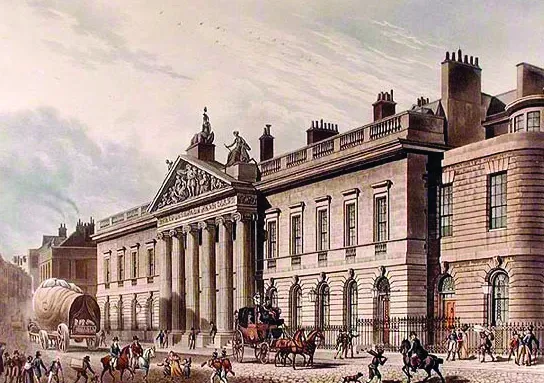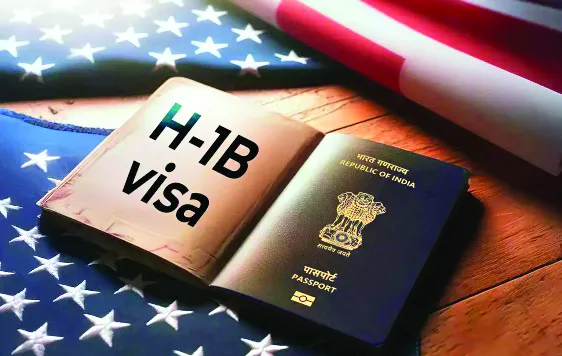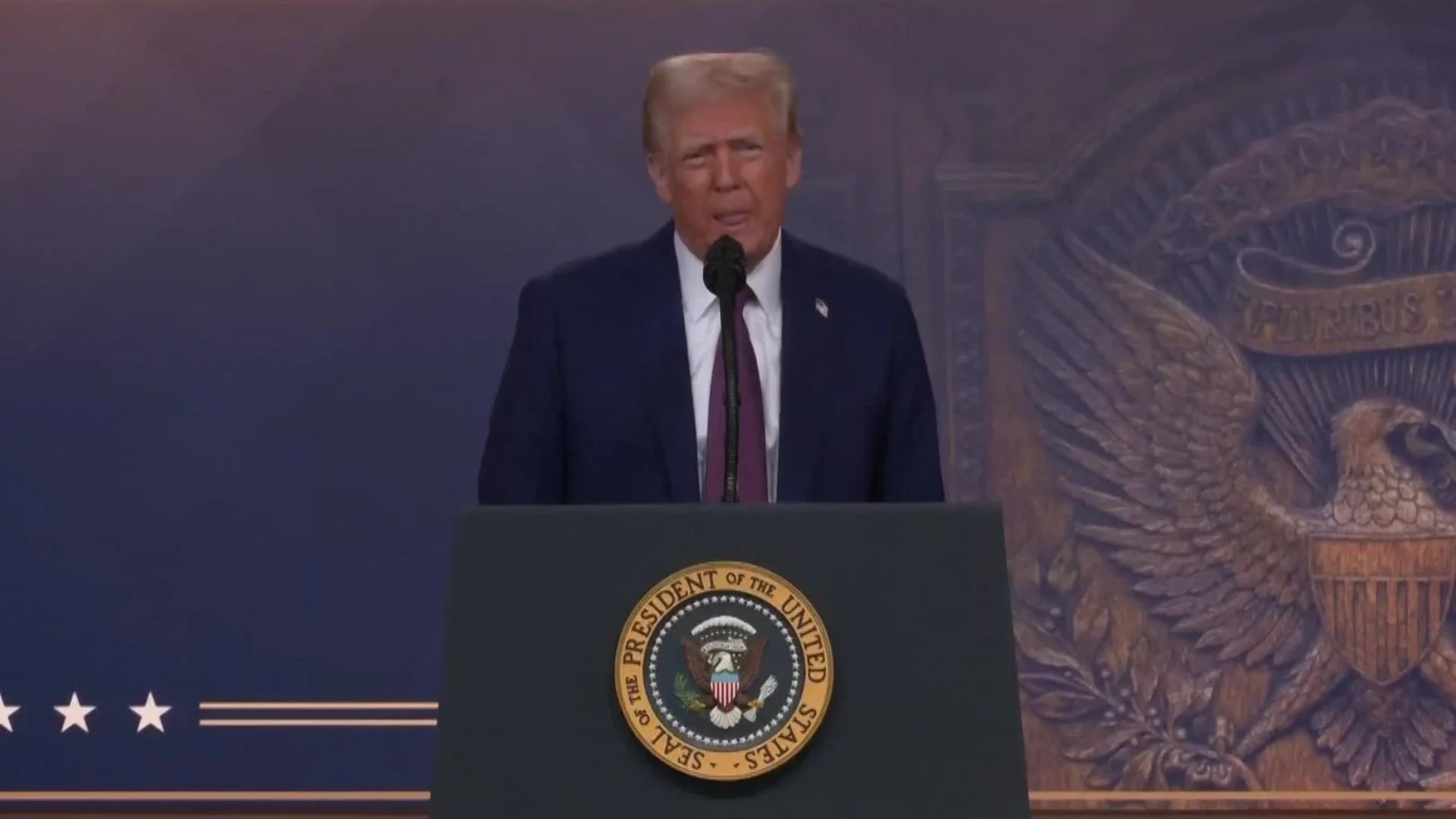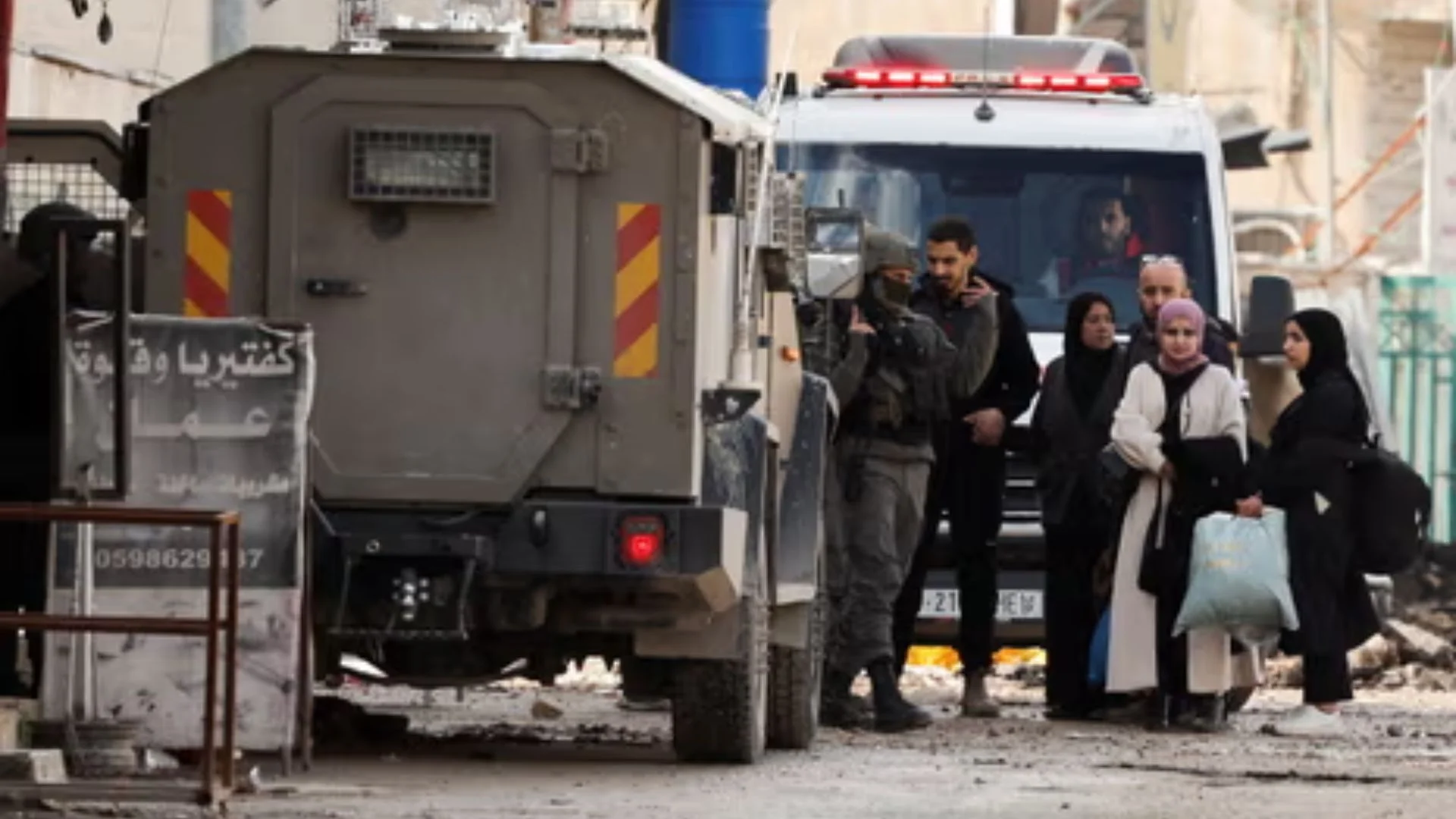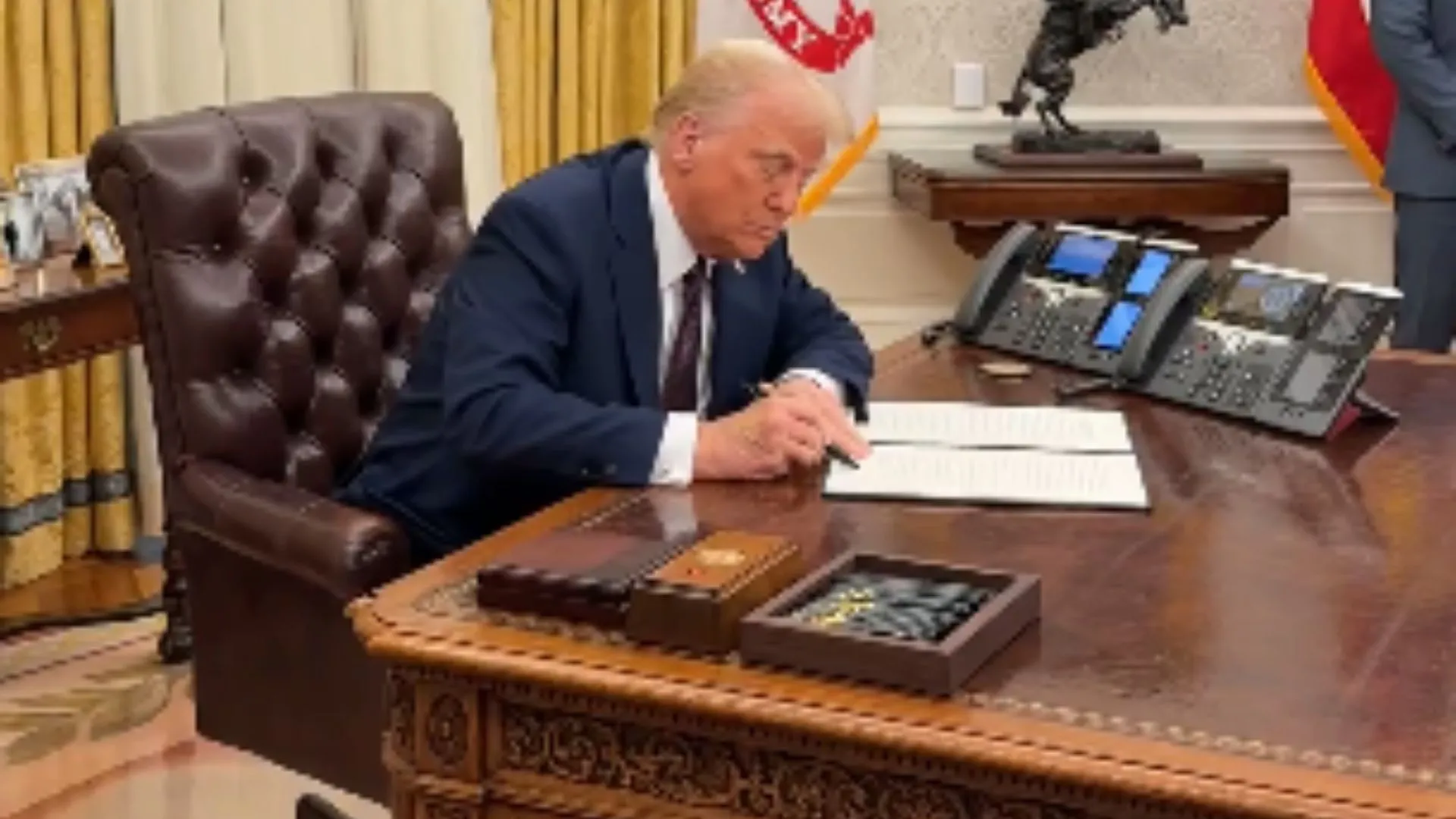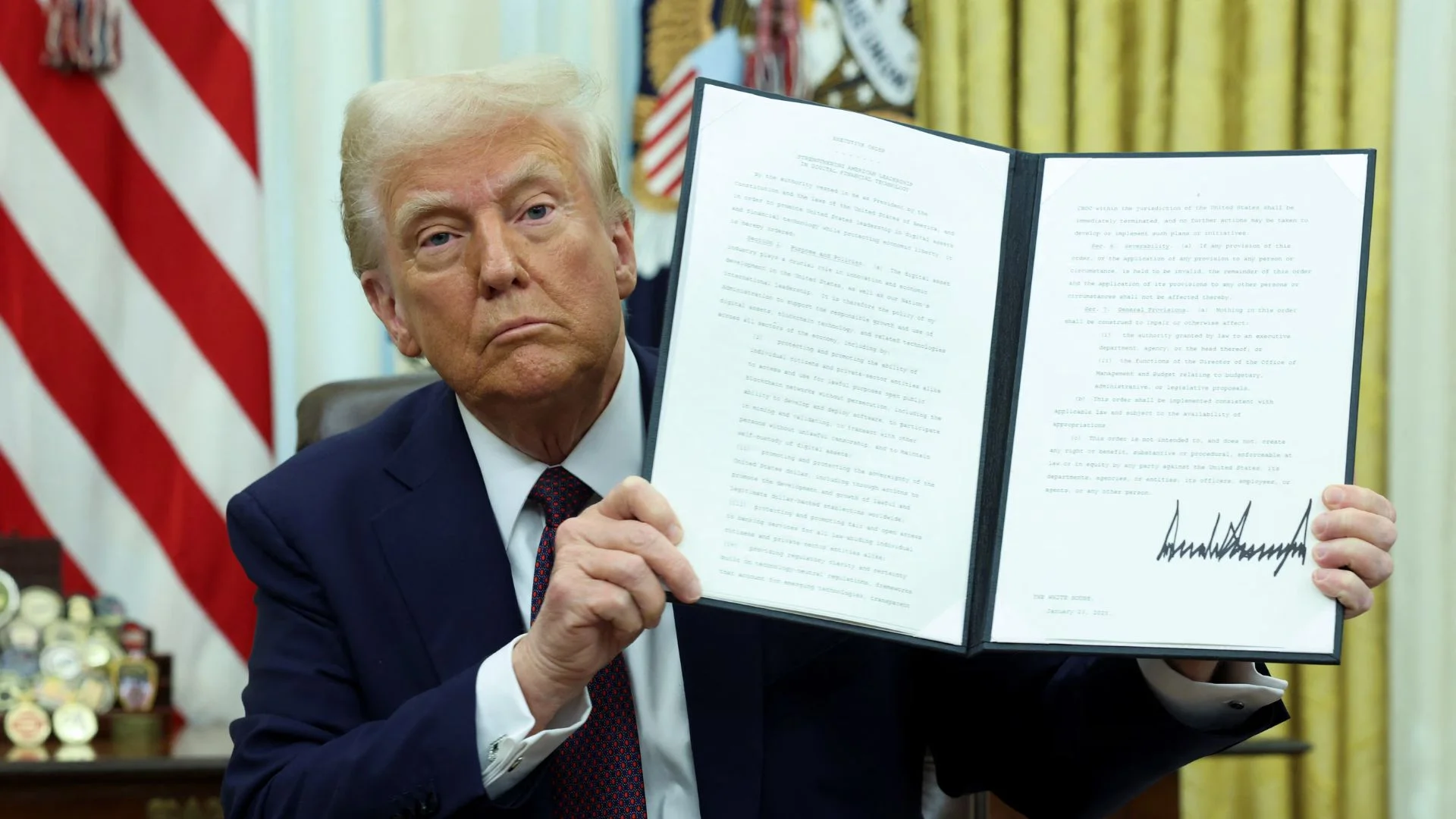Wajahat Habibullah, who was in PMO, in his forthcoming book offers a fascinating account of what happened among Rajiv, Arun Nehru and Vir Bahadur Singh over the unlocking of Babri masjid-Ramjanmbhoomi site.
Contrary to a popular perception, Prime minister Rajiv Gandhi was not aware of the unlocking of Babri Masjid – Ramjanambhoomi in February 1986, claims a book written by close Rajiv’s friend Wajahat Habibullah.
Habibullah’s assertion is similar to another close aide of Rajiv Gandhi, Mani Shankar Aiyar. In his recent book, “The Rajiv I Knew And Why He Was India’s Most Misunderstood Prime Minister”
[Juggernaut], the career diplomat turned politician said the Congress party and not former Prime Minister Rajiv Gandhi was responsible for unlocking of Babri Masjid gates and asserted that the a “BJP-planted” Arun Nehru was behind it.
Habibullah, IAS from J&K cadre was in Rajiv Gandhi’s PMO. In his tell-all memoirs, “My Years With Rajiv Gandhi –Triumph and Tragedy” [Westland Publications] when he asked the then prime minister whether he was involved in the decisions leading up to this unlocking, Rajiv’s answer was direct and instant, “No Government has any business to interfere in matters like determination of the functioning of places of worship. I knew nothing of this development till I was told of it after the orders had been passed and executed.”
Habibullah’s book is likely to come out in October this year.
Somewhat taken aback, Habibullah who was with Rajiv in Doon School too, recalls asking Rajiv, “But, sir, you were Prime Minister.” Rajiv replied, “I was indeed. Yet I had not been informed of this action, and have asked Vir Bahadur Singh (then chief Minister of UP, under whose watch, and as rumoured, under whose instructions the magistrate had taken this fateful-or shall I call it fatal-decision) to explain. I suspect it was Arun (Nehru) and Fotedar (Makhan Lal) who were responsible, but I am having this verified. If that is true I will have to consider action.”
This conversation, according to Habibullah, took place in September 1986 when he was sitting opposite Rajiv in the PM’s cabin of the Prime Minister’s Boeing flying to drought hit Gujarat. A local court in Faizabad, on February 1, 1986 had vacated a stay order passed in 1949 that status quo should be maintained at Babri masjid-Ramjanambhoomi site.
In a chapter titled, “Unravelling of the Indian Tapestry,” Habibullah who went to serve as chief executive of the Rajiv Gandhi Foundation, union textile secretary, India’s first chief information commissioner, Chairman, National Minorities Commission and government interlocutor on J & K, goes on to make several startling revelations in his book.
Rajiv Gandhi did act against cousin Arun Nehru for Babri masjid –Ramjanambhoomi ‘indiscretion’ when he dropped him as minister of state for internal security in November 1986. Arun Nehru was considered close to Rajiv and a weighty minister. What was equally baffling was that Arun Nehru, at the time of his unceremonious exit, displayed little bitterness and went about the chores of his daily life as an MP and family man till he regrouped with V P Singh against Rajiv in July 1987.
Habibullah offers a fascinating account of what had happened among Rajiv, Arun Nehru and Vir Bahadur Singh over the unlocking of Babri masjid-Ramjanmbhoomi site. Relying on his memory, Habibullah pieces together how PMO functions. “Any instructions received from him [Arun Nehru] by Vir Bahadur Singh, who incidentally owed Arun his position, would have been construed by the CM to have been the orders of the Prime Minister. There had been no discussion on any matter concerning the Masjid in the ongoing files of PMO. This I knew since I was the officer dealing with communal relations,” writes Habibullah explaining how an otherwise hands-on PM like Rajiv remained entirely ignorant about a crucial development in Ayodhya.
“When I had met Arun in a cabinet meeting in the PMO, before he was dropped from the cabinet, he took me aside and told me that Vir Bahadur Singh had been coming to call on the PM, but had not met Arun. Could I therefore please inform Arun of any proposed visits by the CM UP and any scheduled meetings with PM?” Habibullah remembers Arun Nehru seeking a favour of sorts. Rajiv’s schedules were then handled by his private secretary Vincent George. As luck would have it, Habibullah says he forgot to pass on Arun Nehru’s request to George.
In the meantime, Uttar Pradesh chief minister Vir Bahadur Singh met Rajiv. The development annoyed Arun Nehru greatly who called up Habibullah to complain why he did not inform him about the Vir Bahadur-Rajiv meeting. “I was of course most apologetic, confessing to having forgotten. But with this, the puzzle began to fall into place,” wrote Habibullah, adding with flourish , “ I am now convinced that Rajiv took up the issue with Vir Bahadur Singh, as he had said to me, who would have protested that he had assumed these to have been his orders. Upon that Rajiv would have advised Singh to seek his orders personally and not supplicate to any that he might consider from whom he considered the PM’s surrogate. Stung by the error Singh would then have avoided calling on Arun raising Arun’s suspicions-thus his request to me-but also his bewilderment. I had learned that even Rajiv found it difficult to communicate with him. When he was approached by the media in Kashmir where he was holidaying when he was dropped, Arun nonchalantly dismissed the question saying that he was recovering from illness and would soon be readjusted. That was not to happen. “
Habibullah remembers asking Rajiv during their September 1986 Gujarat visit, “I can understand that since the removal of the locks was not going to change the status quo in any way, but would earn the support of sections of the Hindu community for your party, was it not realised that such a benefit could only be limited since the core of the Congress remained secular and the development could not be exploited to its maximum since it would be the extreme right wing that would hijack the outcome, which it could trumpet as its triumph?”
That is what eventually happened.




